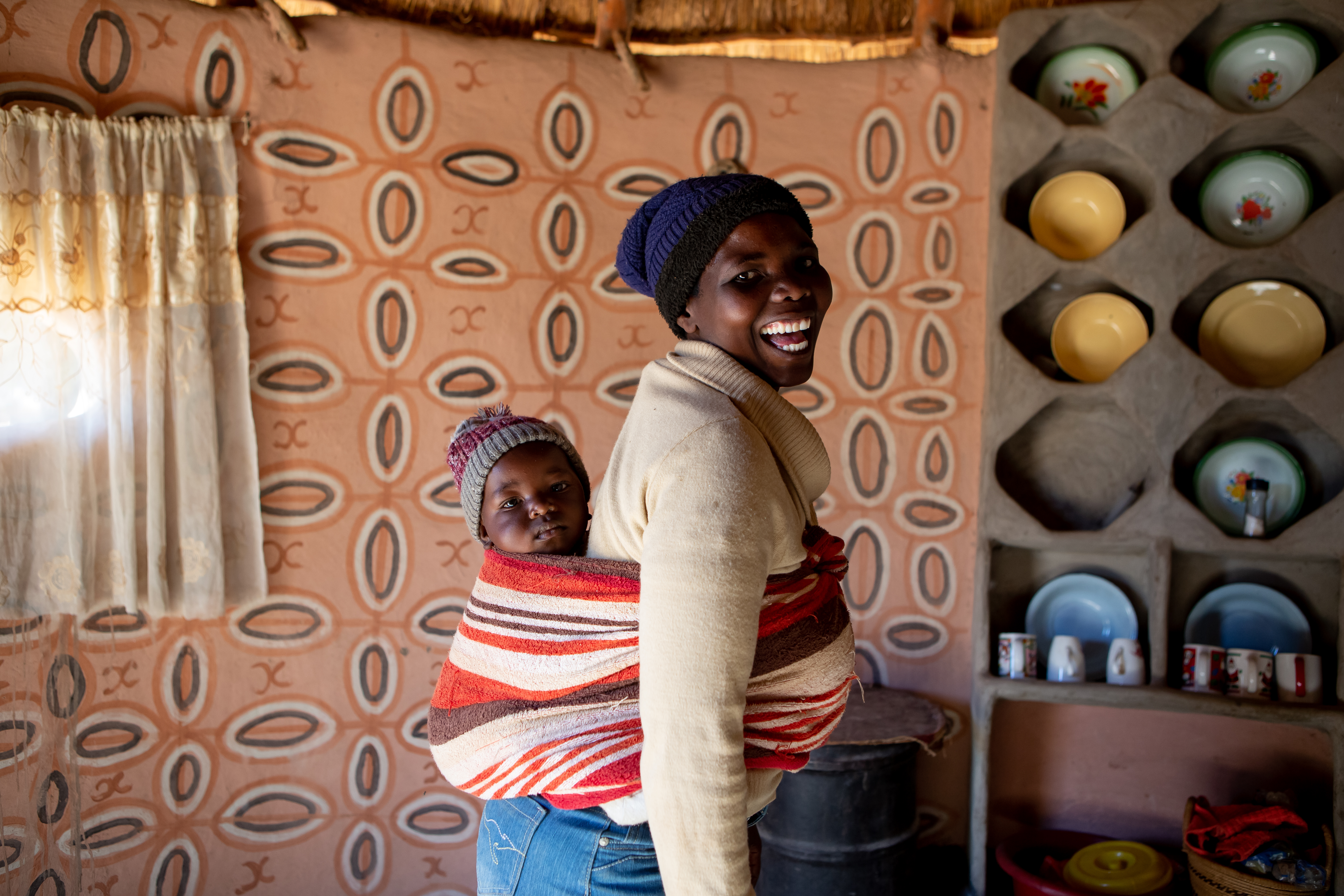Achieving healthy societies depends on transformative change
June 22, 2022

UNDP Zimbabwe
It has been more than two years since the COVID-19 pandemic first laid bare the weaknesses of our systems for health and the shortcomings of our development approaches. The fault-lines in our societies and institutions have proven so deep, so pervasive and so easily exploited, that only transformative change can fix them.
Indeed, societies remain in trauma. Our gold standard measurement of health—life expectancy—has declined two years running. We are losing hard-won ground on HIV, TB, malaria, and many of the Global Goals. The mental health crisis has worsened. New challenges have emerged, not least the potentially substantial socio-economic implications of long-COVID. Multiple other crises and shocks, from climate change and food insecurity to conflict and financial instability, are impacting health profoundly. UNDP’s 2022 Special Report on Human Security found that six in seven people worldwide feel insecure. It is easy to see why.
The 2030 Agenda for Sustainable Development remains our North Star out of crisis. By combining the social, economic, and environmental dimensions of sustainable development, it offers an overarching framework for transformative action towards healthy societies.
Several core commitments, principles and approaches must also guide the way forward.
We must redouble efforts to leave no one behind and reach those furthest behind first. Inequalities drive-ill health and destabilize societies. Oxfam recently showed that inequality kills at least one person every four seconds and affects COVID-19 mortality more than age. The Global Dashboard for Vaccine Equity, a collaboration of UNDP, WHO and Oxford University, shows that vaccine inequity is leading to a slower and inequitable socio-economic recovery. Together we must continue to measure, call out and address inequalities in all their dimensions.
Second, we must put whole-of-society action above divided sectoral lines and competing objectives. High non-communicable disease (NCD) burdens, rising obesity levels and ecosystem degradation all stem from the same malaise—the inability or unwillingness of societies to tackle commercial factors which harm health and the environment, such as sugar, tobacco, alcohol and pollution. Aligning across sectors to address NCD risks is central to building resilience and securing health. Levels of NCDs significantly shape countries’ experiences of the COVID-19 pandemic.
Measuring and promoting the society-wide benefits of a multi-sectoral, integrated response can make the difference. UNDP and WHO have supported more than 30 countries to develop NCD investment cases that show the inequitable distribution of their costs across society and the ways to address NCDs that would achieve economies of well-being. They empower Ministries of Health to align incentives, advance partnerships and lead planning, coordination, and financing across sectors. They can also strengthen decision making to protect public health in the face of adverse commercial influence, for example tobacco industry lobbying to keep tobacco taxes low.
We must invest in development sustainably and systematically. The SDGs represent a ‘risk map’ of the 21st century. Neglect in any area threatens them all. Consider that COVID-19 has been projected to cost the global economy more than the estimated annual costs to finance the SDG agenda in full (US$5-7 trillion) and 500 times as much as pandemic prevention measures. The 2030 Agenda allows us to connect investments in one goal to others, thereby creating multiple dividends. Health, as an outcome, indicator and driver of sustainable development, can be a pathfinder.
Finally, we must leverage technology, innovation, and partnerships to scale impact. As part of the UN-wide COVID-19 response, UNDP supported 86 countries to leverage digital solutions and innovation. With WHO, UNICEF and others, UNDP supported Bhutan to manage one of the fastest COVID-19 vaccination drives in the world using an integrated digital platform. Working with communities, and through partnerships such as the SDG 3 Global Action Plan for Healthy Lives and Well-being for All, we must leverage such technological leaps for healthy societies more broadly. This includes ensuring universal health coverage and equitable access to other basic services.
Communities across the world are looking to the multilateral system to help get back on track; to achieve the health-related SDGs and deliver on the commitment to leave no one behind. UNDP will continue to collaborate in supporting countries to protect the most vulnerable and achieve the transformational change required for healthy societies.

 Locations
Locations
